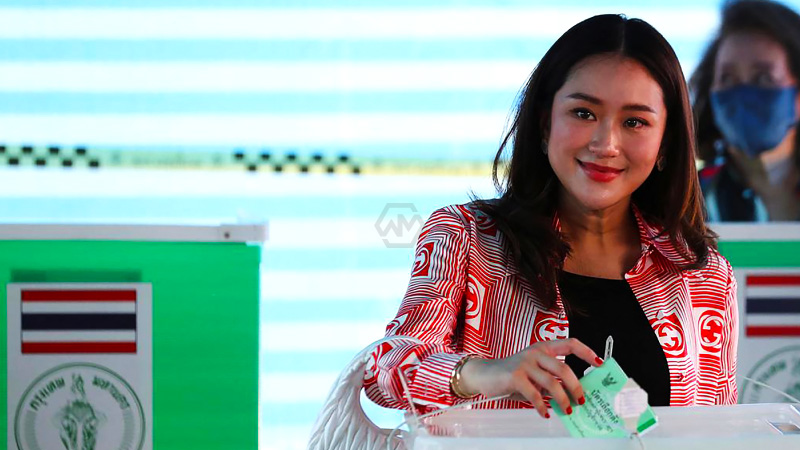Thailand voted on Sunday in an election that might result in the conservative military-backed administration of Prime Minister Prayut Chan-O-Cha being overthrown after almost ten years in office.
In the wake of a campaign that pitted a new generation hungry for change against the conventional, royalist elite, voters are predicted to hand ex-army chief and coup leader Prayut a devastating loss.
Election in Thailand
In the final elections, Thaksin Shinawatra’s daughter-led Pheu Thai, the biggest opposition party, was leading, but there are concerns the military may try to retain power. The 95,000 polling places, which are dispersed from the picturesque beaches of the south to the lush, forested mountains of the north, opened for voting at 8:00 am (0100 GMT).
A 90 percent turnout in the early round of voting last Sunday indicates that the electorate is looking for a change, but the opposition will have a difficult time winning the election.
- Thailand voted on Sunday that might result in the conservative military-backed administration.
- In the final elections, there are concerns the military may try to retain power.
- A new round of protests and unrest may follow from a disputed or confused result.
The 500 elected MPs and 250 senators nominated by Prayut’s junta will vote together to select the new premier, tipping the scales in the army’s favor.
The election is the first since widespread pro-democracy demonstrations led by young people broke out in Bangkok in 2020, calling for restrictions on the king of Thailand’s authority and expenditures.
The more radical opposition Move Forward Party (MFP), which is seeking support among millennial and Gen Z voters, has gained momentum as a result of the protests in Thailand. While Prayut has openly appealed to older people, Pheu Thai’s stronghold is in the rural northeast.
The nation has experienced 12 coups in the past century and is stuck in a never-ending cycle of mass demonstrations, military takeovers, and judicial decrees dissolving political parties. A new round of protests and unrest may follow from a disputed or confused result.



